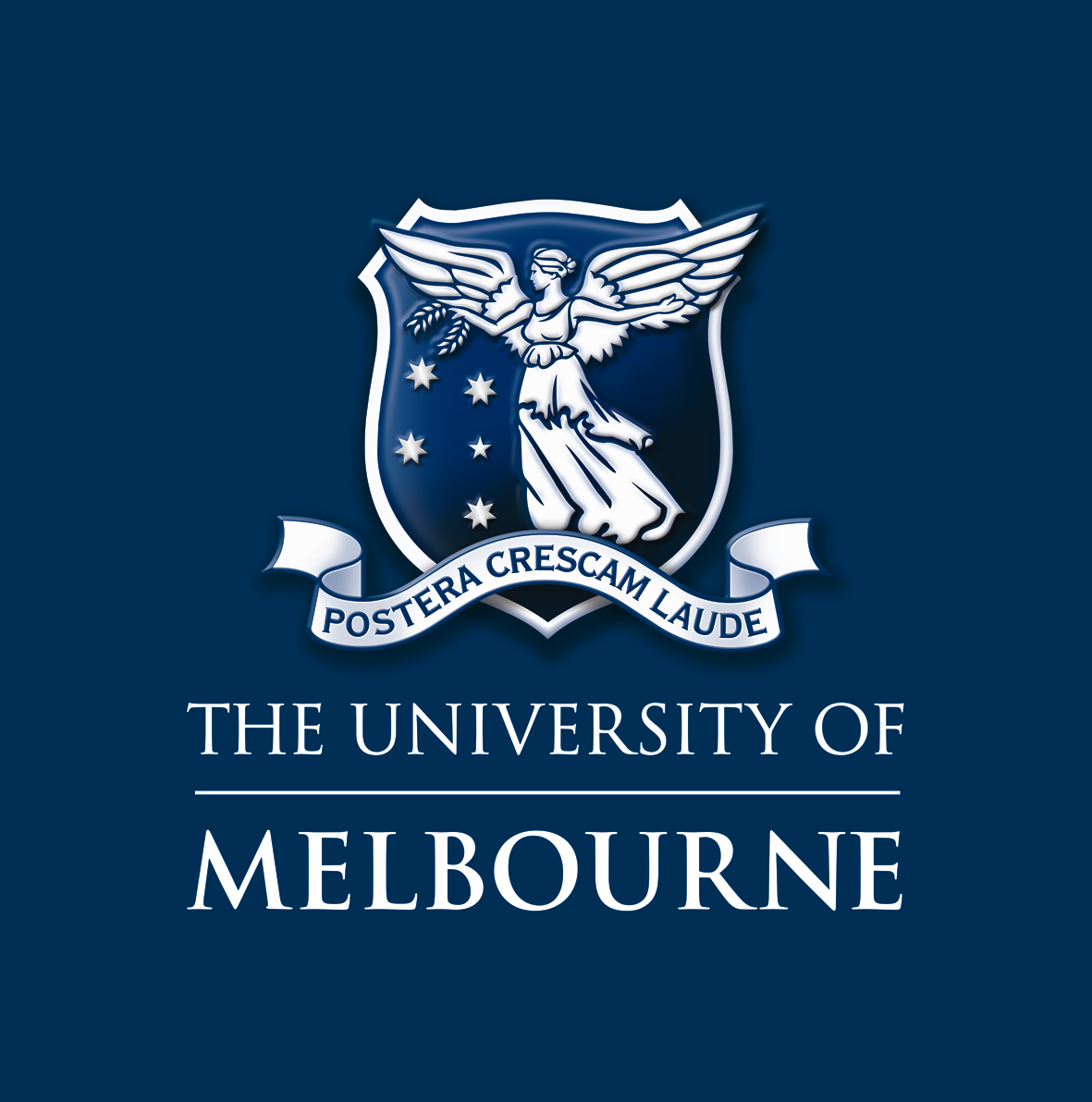Project: Characterisation of CD1c-lipid-restricted T cells
Godfrey Group
Conventional T cells recognise peptide antigens presented by MHC I and II molecules. There is also however a broad family of so-called ‘unconventional’ T cells that are not MHC-restricted, but instead recognise non-peptide antigens presented by MHC I-like molecules. CD1c is one such MHC I-like molecule that presents lipid-based antigens for recognition by CD1c-restricted T cells. Little is known about the biology of CD1c-restricted T cells, but emerging data from our lab and others suggests that these cells are abundant in humans and play diverse roles in disease. For example, a subset of CD1c-restricted T cells can recognise tumour-associated lipids that are overexpressed in leukaemia cells, whereas another subset can recognise lipids derived from the Mycobacterium tuberculosis cell wall. Until recently, the study of CD1c-restricted T cells has been challenging due to difficulties in identifying them amongst other T cells in blood and tissues. However, we recently described a novel flow cytometry-based technique that allows the efficient isolation of these cells from human samples, allowing the direct characterisation of these cells for the first time. This series of projects will harness this new technology and aims to understand various aspects of CD1c-restricted T cells, including their fundamental biology such as their phenotypic features and functional capacity, the identity of lipid antigens that CD1c-restricted T cells recognise, and interrogation of their roles in cancers such as leukaemia, and infectious diseases such as Mycobacterium tuberculosis. The projects will focus on human CD1c-restricted T cells and will involve cellular immunology techniques such as tissue processing and culture and high parameter flow cytometry, molecular techniques such as cloning, CRISPR and various sequencing technologies, as well as biochemical techniques involving protein expression, purification and characterisation.
Contact project supervisor for further
information and application enquiries
Godfrey Group
4 vacancies


The Godfrey Lab has a strong track record in the field of unconventional T cells with a focus on CD1 restricted T cells (NKT cells); MR1-restricted T cells (MAIT cells) and gamma delta T cells (1, 2, 3). These cells play a key role in many different diseases. More recently, we are also examining the role that these and other immune cells play in COVID-19 disease. The ultimate aim of this research is to understand the mechanisms with which these unconventional T cell populations specifically contribute to the immune response and how they can be harnessed for immunotherapy.
- Godfrey, D.I., Koay, H.F., McCluskey, J. & Gherardin, N.A. The biology and functional importance of MAIT cells. Nature immunology 20, 1110-1128 (2019).
- Godfrey, D.I., Le Nours, J., Andrews, D.M., Uldrich, A.P. & Rossjohn, J. Unconventional T Cell Targets for Cancer Immunotherapy. Immunity 48, 453-473 (2018).
- Godfrey, D.I., Uldrich, A.P., McCluskey, J., Rossjohn, J. & Moody, D.B. The burgeoning family of unconventional T cells. Nature immunology 16, 1114-1123 (2015).
Godfrey Group Current Projects
-
Development and function of unconventional T cells
PhD/MPhil, Master of Biomedical Science, Honours
-
Characterisation and harnessing of human gamma delta T cells
PhD/MPhil, Master of Biomedical Science, Honours
-
Characterisation of CD1c-lipid-restricted T cells
PhD/MPhil, Master of Biomedical Science, Honours
-
Characterising the broad family of MR1-restricted T cells
PhD/MPhil, Master of Biomedical Science, Honours



